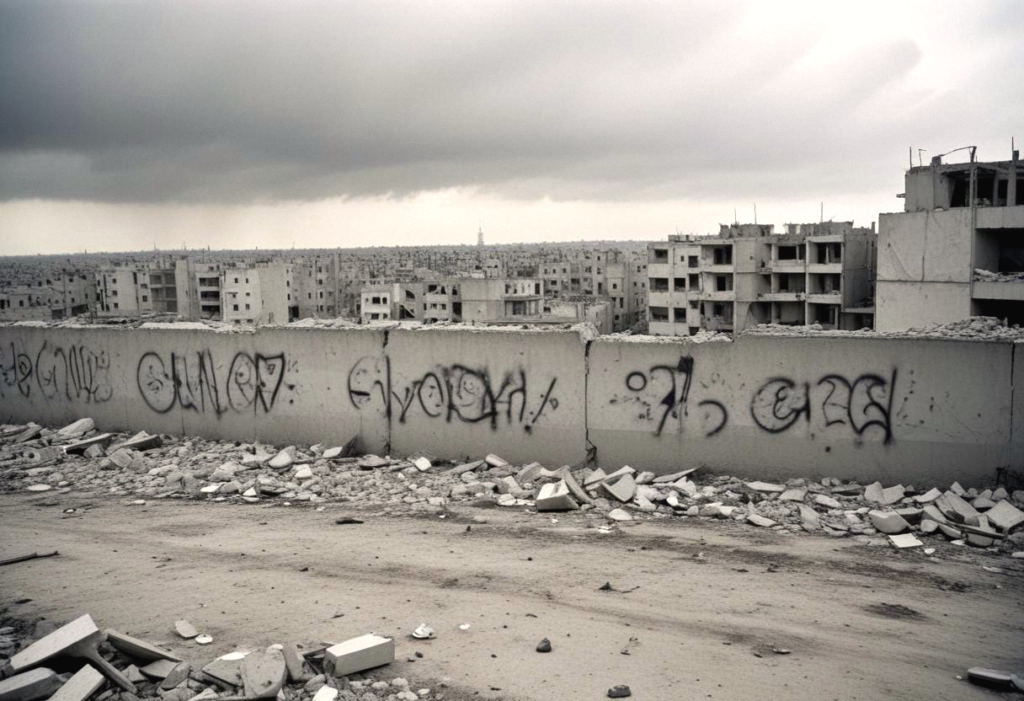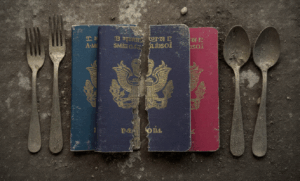
On 7 October 2024, the world marked one year since the Hamas attack on Israel and the start of the Israeli assault on Gaza. There is little doubt that future generations will view this conflict as a defining moment in the history of modern democracy and the post-war multilateral system of laws and norms.
Incomprehensible Developments
For those of us who have worked within the multilateral system, aspects of this conflict are bewildering:
- A US Democratic President continued to fund Israel’s military assault even after its Prime Minister was indicted by the International Criminal Court for war crimes and crimes against humanity.
- Most European governments maintained normal diplomatic relations with Israel despite overwhelming evidence of war crimes.
- The EU remained Israel’s largest trade partner.
- The UK and Germany continued to provide military support to Israel.
- BBC managers ignored complaints of bias in favor of Israel, including from their own journalists, discrediting their coverage.
The Consequences for Israel
2025 marks the 400th anniversary of Hugo Grotius’s “On the Laws of War and Peace.” Two of Grotius’s principles stand out: wars must be regulated as though all parties have justice on their side, and the use of brutality in war is an instrument of self-harm.
Israel continues to claim that its military operations are conducted in accordance with international humanitarian law, even though many of its actions in Gaza are in flagrant breach of core principles, as clearly set out in the ICC indictments. Israel justifies the destruction of hospitals and entire apartment blocks based on unverified claims. This stretches the concept of proportionality beyond its breaking point. The loss of Israel’s reputation as a country operating within legal norms will take generations to repair.
Brutality as Self-Harm
The comparison that comes to mind is the decades of guilt and opprobrium that Germany suffered after 1945.
Silencing Critics
When the ICC indicted Israel’s Prime Minister for crimes against humanity, Netanyahu labeled it ‘anti-Semitic.’ This tactic is counterproductive. Anti-Semitism is a vile ideology with a horrific history, but deploying it to silence critics dilutes its meaning and risks harming innocent Israelis and Jewish citizens.
Conclusion – Zero Tolerance
Palestinians and Israelis need support—not in the form of weapons, but in opportunities for negotiation, reconciliation, and rebuilding. Given encouragement but no weapons, Palestinians and Israelis can work towards a future where both peoples coexist with equal rights and security.
As the global order fragments, can political leaders set aside narrow national interests and reflect on the lives lost in wars across Syria, Palestine, the DRC, Myanmar, Sudan, Yemen, and beyond? Leaders often use ‘zero tolerance’ to describe their approach to infractions of domestic laws. Should we demand zero tolerance for civilian deaths in wars? As the bombing of Gaza resumes, the question could not be more urgent.
About the author: Martin Barber is an Associate Fellow at Chatham House, a former Director in the UN Department of Peace-keeping Operations and a co-founder of United Against Inhumanity (UAI).
The opinions expressed in this blog are those of the author and do not necessarily represent the views of United Against Inhumanity (UAI).











